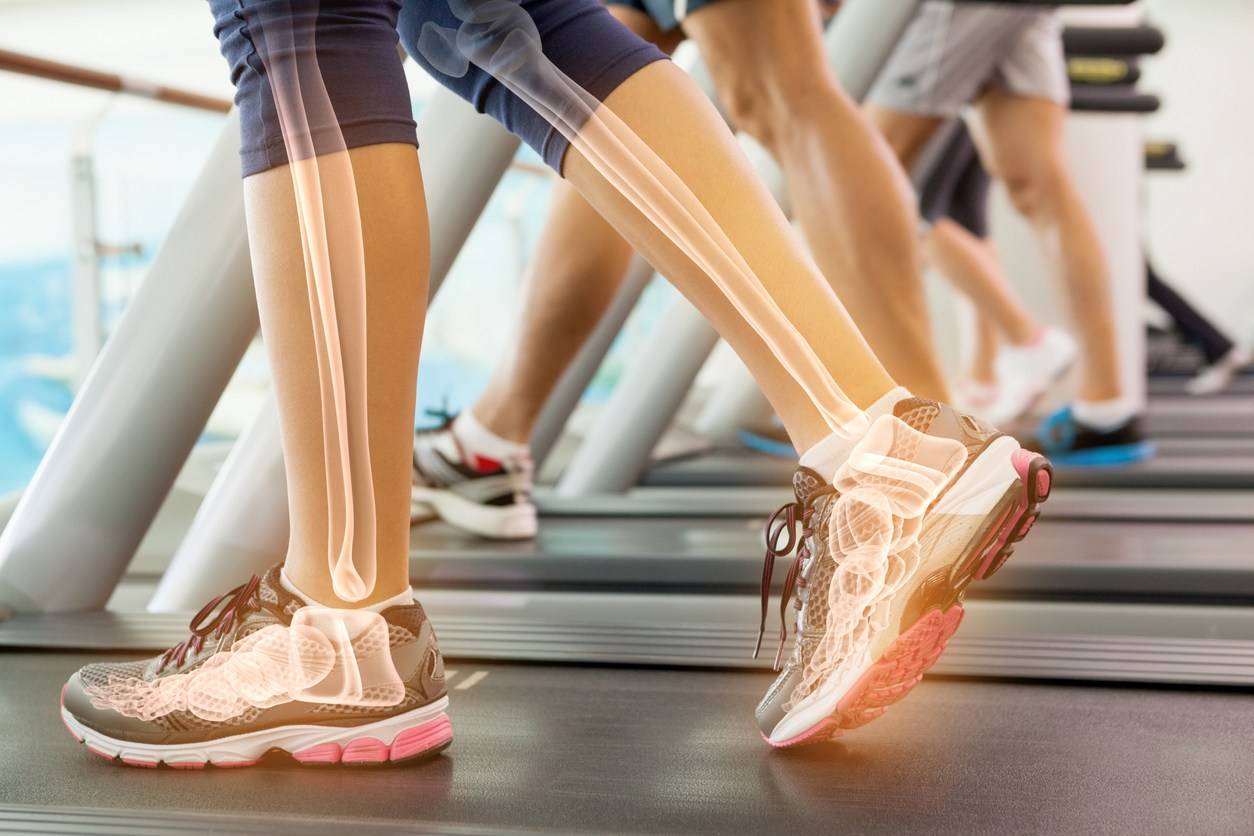Types of exercises for osteoporosis management
Living with osteoporosis can be difficult and can restrict aspects of life, but with exercise this is not the case. There are many forms of exercise that are perfectly safe and beneficial for you, to keep you fit but also to help maintain your bone strength. The correct exercises can help to improve muscle strength, endurance, improve your balance, help to reduce your risk of falling and breaking bones, and most importantly help to keep you independent. Exercising with osteoporosis means finding the safest, most enjoyable activity for you, there is no one-size-fits-all prescription.
Before you start any exercise program, you must consult your doctor. You may be asked to avoid certain exercises depending on your condition. Some tests may also have to be conducted to know what is most beneficial to you, these tests may include, bone density measurements and fitness assessments.
Treating osteoporosis means stopping bone loss and rebuilding bone density to prevent breakages. There are two types of osteoporosis exercises. These are both important for building and maintaining bone density, weight-bearing and muscle-strengthening exercises.
Weight-bearing Exercises include:
- Walking
- Dancing
- Low-impact aerobics
- Elliptical training machines
- Stair climbing
Muscle strengthening exercises include:
- Weight training – low impact
- Swimming
What exercises to avoid when diagnosed with osteoporosis?
Osteoporosis can cause major changes in your body; therefore, you must refrain from any exercise that may cause more long-lasting damage. High-impact exercises are your worst enemy, so you should avoid these completely. This includes running, jumping, and any form of rapid movement. Participating in these forms of exercise leaves you with an increased risk of fractures and breakages.
How can Cavendish Homecare help?
At Cavendish Homecare we are experts in providing private homecare for clients who want to remain in their own homes. When it comes to your health and well-being, choosing the right homecare package is of utmost importance and navigating this process can be overwhelming. With Cavendish Homecare by your side, you’ll have the support you need to remain safely at home while enjoying elevated health and wellbeing.
If you would like to enquire about our homecare services, contact us on, 02030085210 or email us at info@cavendishhomecare.com.
About the Author…
Grace Laudy
Recruitment and Compliance Assistant
Grace Laudy, a dynamic individual driven by a strong passion for making a positive impact on society and excelling in her professional life. Grace is actively involved in her local leisure centre, championing inclusivity in sports for individuals with disabilities. Grace’s compassion extends beyond community involvement to her personal life, where she provides support to a family member living with Parkinson’s disease.
Having transitioned into a pivotal role as a recruitment and compliance assistant at Cavendish Homecare, Grace excels at guiding nurses and carers through the onboarding process and expertly handling the meticulous management of compliance. Grace’s multifaceted contributions showcase her as an exceptional professional with a genuine commitment to making a positive impact on all clients, nurses, and carers.

 Back
Back